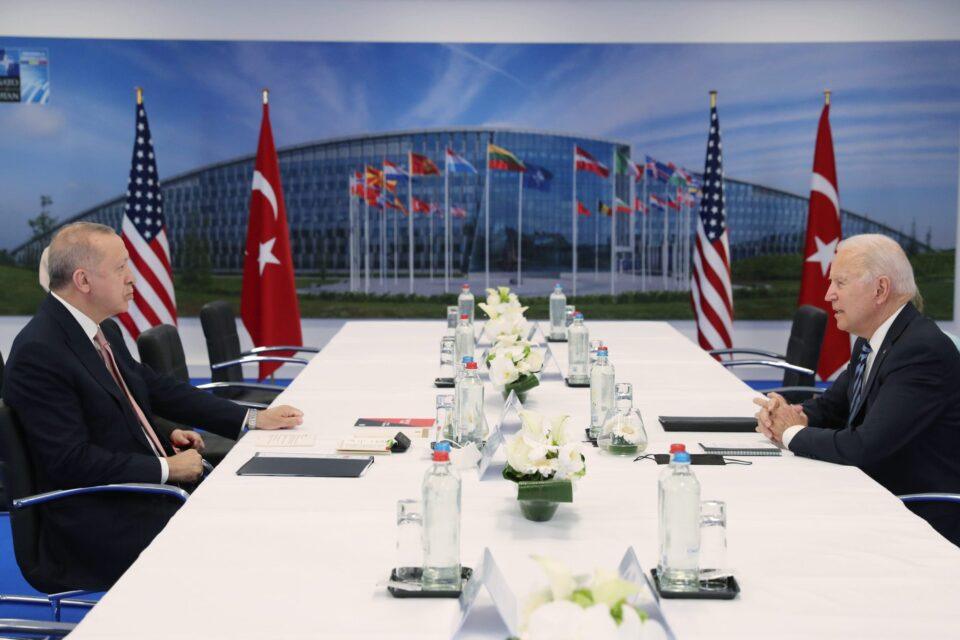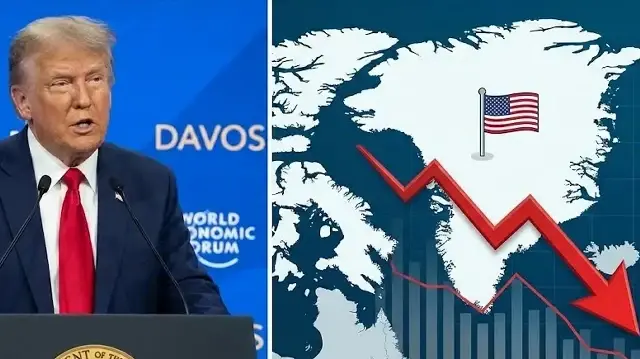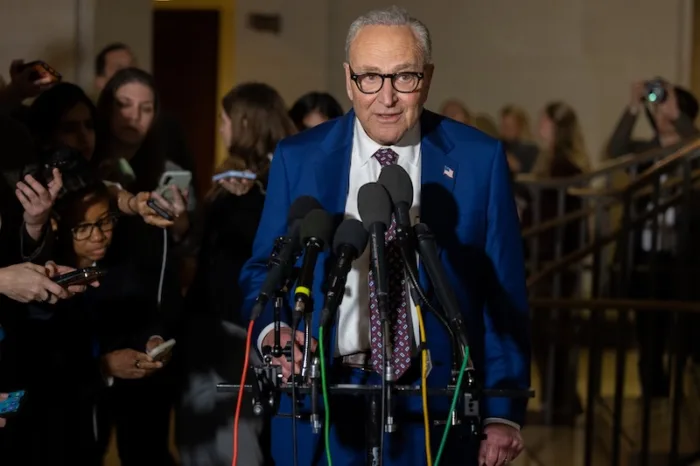Event Summary: 20 Years on: Turkish-American Relations under the AK Party

On Monday, August 16, 2021, The SETA Foundation at Washington, DC hosted a virtual panel of experts to discuss ‘20 Years on: Turkish-American Relations under the AK Party.’ The discussion featured Cagri Erhan, rector of Altinbas University and member of Security and Foreign Policies Council of the Turkish Presidency, and Akif Kirecci, dean of faculty of political science, international relations at Social Sciences University of Ankara and member of Security and Foreign Policies Council of the Turkish Presidency. The panel was moderated by Kadir Ustun, Executive Director at SETA DC.
To begin the conversation, Kirecci offered context for the AK Party’s rise to power in the early 2000s. Turkey used to keep an important distance from its neighbors in terms of foreign policy but has started to develop high level cooperation with those in the Middle East and Europe. There was an active effort to open up Turkey to the rest of the world. In a difficult region, Kirecci referred to Turkey as an island of stability. Turkey has attempted several times to navigate its way through the post-Cold War world with its allies but those attempts did not receive a positive response. For example, Turkey wanted to become a member of the EU but was rejected. For these reasons, Ankara had to develop its own approach to security. No country can face global and regional challenges alone but Turkey has developed alliances and partnerships while remaining loyal to its North Atlantic security partners. Despite criticism, Turkey is part of this system and will remain part of it. He cautioned against an “only security” paradigm for Turkish-American relations and believes this mindset is one of the biggest issues facing the bilateral relationship. Moving forward, it is important to highlight the positive parts of the relationship and make them more visible in order to expand opportunity.
Erhan drew attention to the fact that the economic and social environment as well as global dynamics have changed significantly since the AK Party came to power. As the shifting nature of global and regional dynamics impact Turkish foreign policy, they also affect Turkey’s relationship with the US. While many say that this era of Turkish-American relations is unique, he noted that the relationship has always faced problems. In his mind, the long-term problem of mutual distrust, particularly at the public level, has not changed in two decades. Surveys in Turkey show that 60% of Turks had a negative perception of the US in 2001, and this number has risen to 70% today, at one point hitting 85%. The negative perception of Turkey in the US is similarly high. This mutual distrust leads to misunderstandings and hamstrings the potential for a fruitful relationship. He called for opening a new page between Turkey and the US. The Biden-Erdogan meeting in Brussels marked a good start, and the main idea moving forward should be to rid the relationship of mutual distrust. The US and Turkey have the potential to cooperate on not only security issues, but also on global warming, the fight against COVID-19 and other public health challenges, and the migration crisis.























